Sustainable tourism will quickly become a key economic sector.
In the roundtable discussion at the workshop " Cultural industry with sustainable tourism development in Vietnam in the context of international integration " held on October 30, a series of contents were dissected by domestic and foreign experts.
The concept of "Cultural Industry" can be understood as a term used for industries that combine the creation, production and commercialization of creative content.
Combining cultural industry with tourism helps create unique tourism products, imbued with national cultural identity, increasing the competitiveness of destinations. On the contrary, tourism is a powerful channel, bringing cultural products closer to the public at home and abroad.
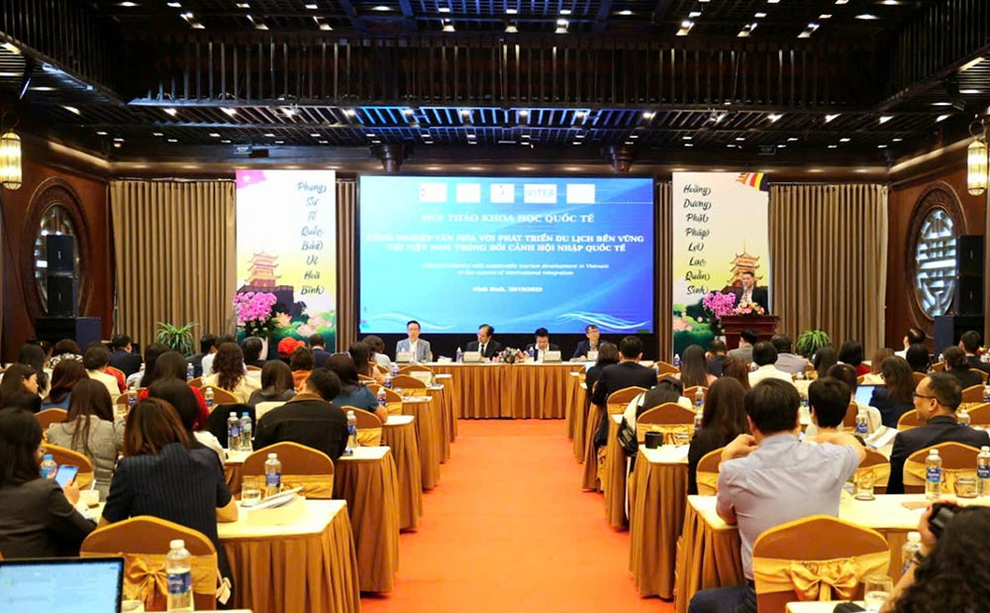
When analyzing this issue, Professor, Dr. Dao Manh Hung, Chairman of the Vietnam Tourism Training Association, emphasized that cultural industry and tourism are two pillars that together create sustainable development values.
“Tourism is the most effective promotional channel for the cultural industry, and at the same time, the cultural industry provides tourism with unique products imbued with national identity, contributing to enhancing the competitiveness of destinations.
Vietnam aims for cultural industries to contribute 7% of GDP by 2030, in which cultural tourism is identified as an important pillar," Professor Dao Manh Hung analyzed.
In fact, in this context, the cultural industry is actively contributing to economic restructuring, job creation, and increasing people's income. In the period 2018-2022, the number of economic establishments operating in the cultural industry increased by 7.2% per year.
In 2022, the whole country will have more than 70,300 establishments with 2.3 million workers. In 2018, the cultural industry had a trade surplus of 37 billion USD, increasing to 41.9 billion USD in 2022. Cultural industries also make an important contribution to deeply integrating Vietnamese culture with the world , promoting image and identity, increasing the attractiveness and soft power of national culture.
For example, Hanoi, Da Lat, and Hoi An joining the UNESCO creative cities network is a solid foundation for Vietnam to determine its goal in the coming period of becoming a cultural industrial center that attracts and converges creativity in Southeast Asia.
Vietnam has been honored as the world's leading heritage destination four times, demonstrating its outstanding global value and the attractiveness of cultural tourism.
Cultural industries have a higher value-added ratio than production costs, contributing to saving resources, promoting culture and national identity, meeting the goal of sustainable development. If we know how to exploit intellectual property, diverse culture, rich in identity, this will be an endless resource for the country.
From a local perspective, Dr. Bui Van Manh, Director of Ninh Binh Department of Tourism, also shared his experiences in developing cultural tourism associated with heritage. He said that promoting local values must start with appropriate investment choices that have long-term spillover effects.
According to Mr. Manh, "whether cultural tourism can develop or not depends on the locality, from there creating a resonance to develop the cultural industry of the whole country."
Domestic and foreign experts "give advice"
Looking at neighboring countries like Korea, Thailand, and Singapore, these are all places that have developed cultural industries associated with tourism to boost the economy.
Or in Singapore, this country has developed international concerts in recent years to attract tourists. This country sees this as an important strategy to boost the economy, especially the service industry such as hotels, restaurants and transportation.
For example, the success of events such as Taylor Swift's tour (2024) has shown the appeal of music tourism, while affirming Singapore as an ideal destination for major cultural and sporting events.
To maintain its competitive edge, Singapore has been investing heavily in infrastructure and diversifying its events, earning an estimated $333 million from concerts featuring international stars.
Meanwhile, Thailand has also developed the concert industry to attract tourism through organizing large music events (especially K-pop and EDM), taking advantage of unique cultural elements to promote and create more tourism products, and government support.
Concerts help attract a large number of international and domestic tourists, boosting spending on services such as accommodation, dining, shopping and other entertainment activities. With this step, by 2024, thanks to the success of international concerts, Thailand will earn 86 billion USD from cultural and entertainment events.

Recently, big music festivals in Vietnam have gathered beautiful men and women, bringing in huge revenue for tourism (Photo: Organizing Committee).
The latest data from Booking.com shows that for many travellers, it is music events rather than the destination that motivates them to travel.
After G-Dragon announced his concert in Hanoi, searches for accommodation in the capital during the concert (November 6–9) increased by more than 250% compared to the same period last year.
According to Booking.com's Travel Trends 2025 Report, 68% of Vietnamese travelers are inspired to travel from social media, while 33% are influenced by movies or TV shows.
This shows that cultural content is having a direct and strong impact on tourists’ travel intentions. Popular culture, which was once just a form of entertainment, has now become a powerful catalyst, sparking excitement for trips.
According to survey data, 62% of Vietnamese tourists said they traveled in 2024 to attend an event such as a concert, while 38% considered music and festivals as important factors when choosing a destination.
From the analyzed data, Professor Kim Joon-ho from Seoul National University (Korea) shared his experience in developing tourism associated with cultural industry through the "Hallyu wave" model.
He believes that Vietnam has great potential to create a wave of Vietnamese culture with music, cuisine, cinema and local heritage if it is properly oriented strategically and invested properly.

Meanwhile, Director of the Institute of Cultural Industry Research, Peking University and Chairman of the UNESCO Rural Creative and Sustainable Development Program, Professor, Dr. Huong Dung, suggested three short-term, medium-term and long-term visions for Vietnam to refer to.
In the short term, according to Professor Huong Dung, it is necessary to organize indigenous cultural resources, build data warehouses and exploit small local stories.
In the medium term, it is necessary to build a mechanism for developing recyclable products. In the long term, according to him, Vietnam must build a whole-chain ecosystem of the cultural industry, promoting integration in the regional cultural circle.
Along with that, the representative of the Vietnam Tourism Association, Mr. Nguyen Hong Hai, Vice President of the Association, also proposed many solutions to realize the goal of "combining cultural industry and sustainable tourism as an inevitable direction for developing knowledge economy, green growth and heritage conservation".
Specifically, Vietnam needs to build a cultural industrial ecosystem associated with the tourism value chain of each locality; develop unique cultural tourism products; and promote digital transformation in promoting tourism and culture.
In addition, we also strengthen international cooperation, learn from experiences from Korea, Japan, the UK, and France; at the same time, focus on training creative human resources and supporting startups in the field of cultural tourism.
Source: https://dantri.com.vn/du-lich/viet-nam-can-lam-gi-de-hut-hang-chuc-trieu-usd-tu-cong-nghiep-van-hoa-20251030214404990.htm




![[Photo] Prime Minister Pham Minh Chinh attends the 5th National Press Awards Ceremony on preventing and combating corruption, waste and negativity](https://vphoto.vietnam.vn/thumb/1200x675/vietnam/resource/IMAGE/2025/10/31/1761881588160_dsc-8359-jpg.webp)
![[Photo] Da Nang: Water gradually recedes, local authorities take advantage of the cleanup](https://vphoto.vietnam.vn/thumb/1200x675/vietnam/resource/IMAGE/2025/10/31/1761897188943_ndo_tr_2-jpg.webp)




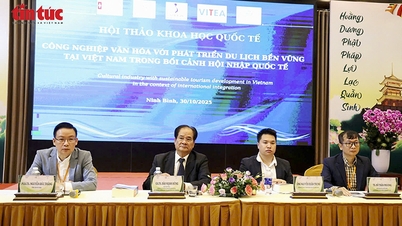




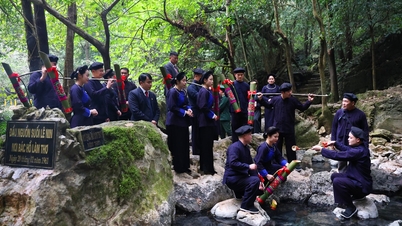

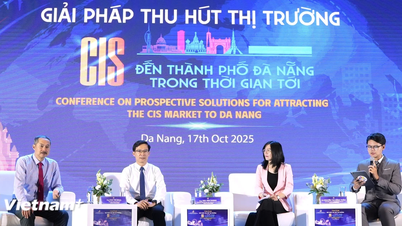
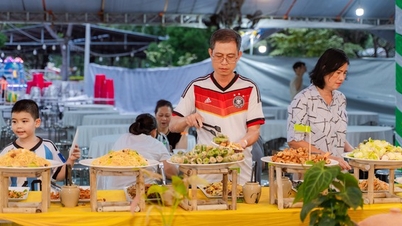


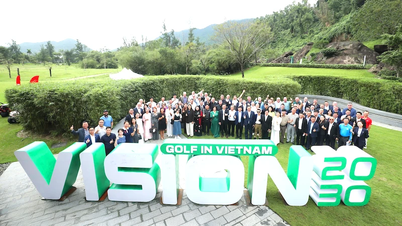



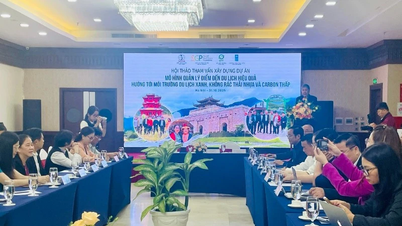
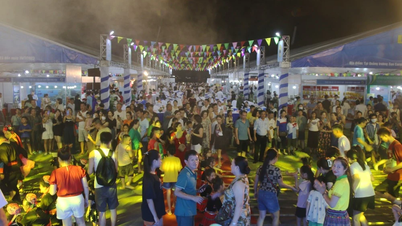




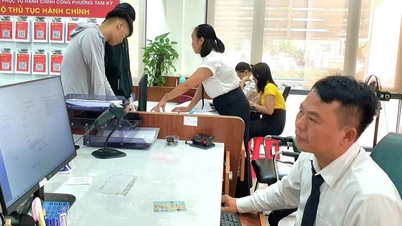

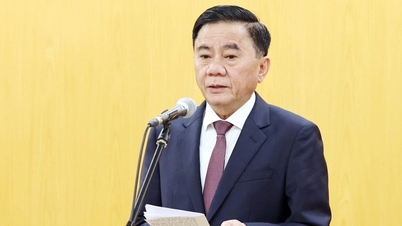

































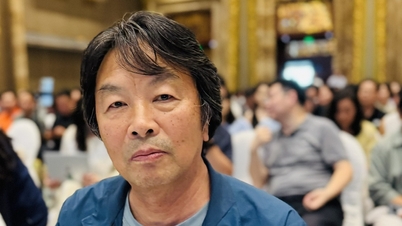

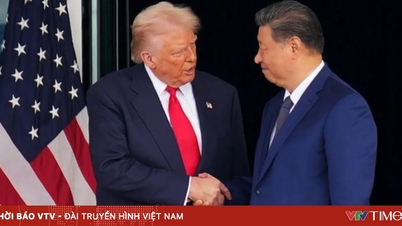

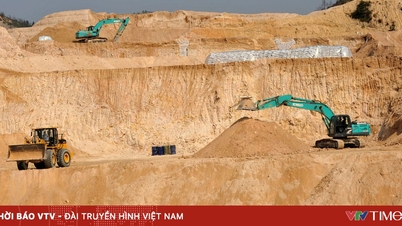


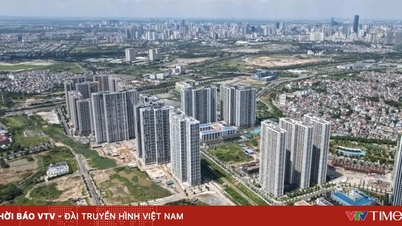





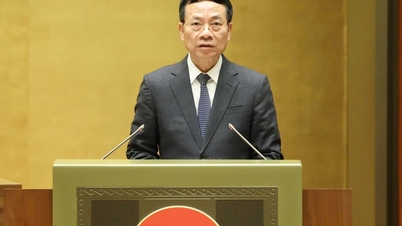
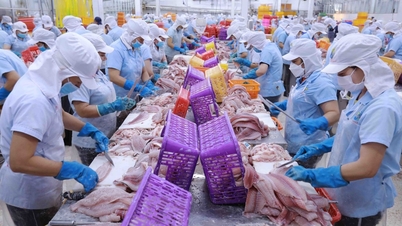
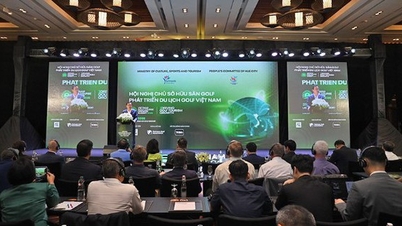




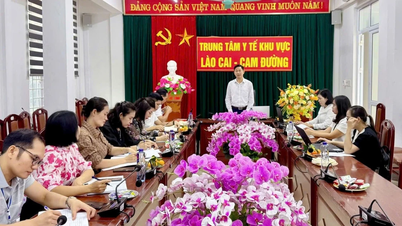
















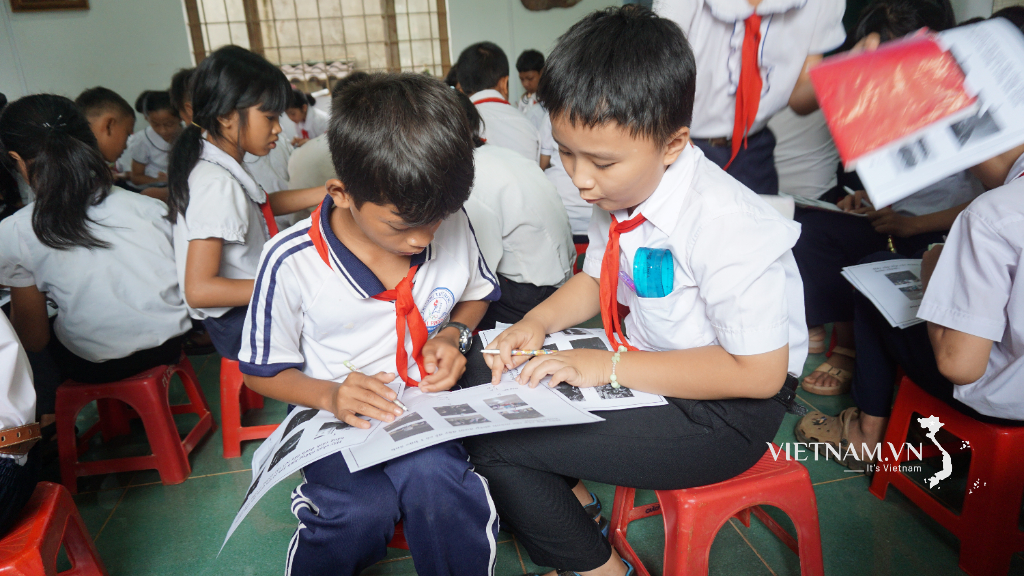
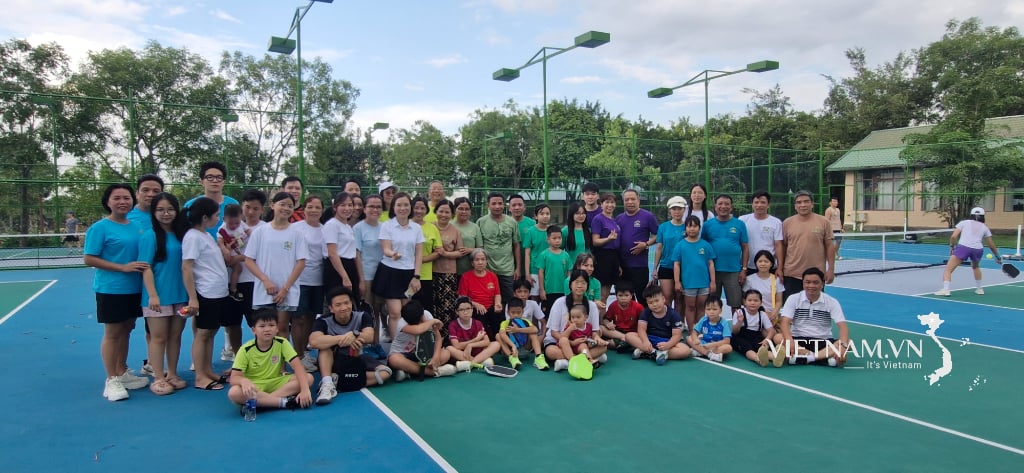
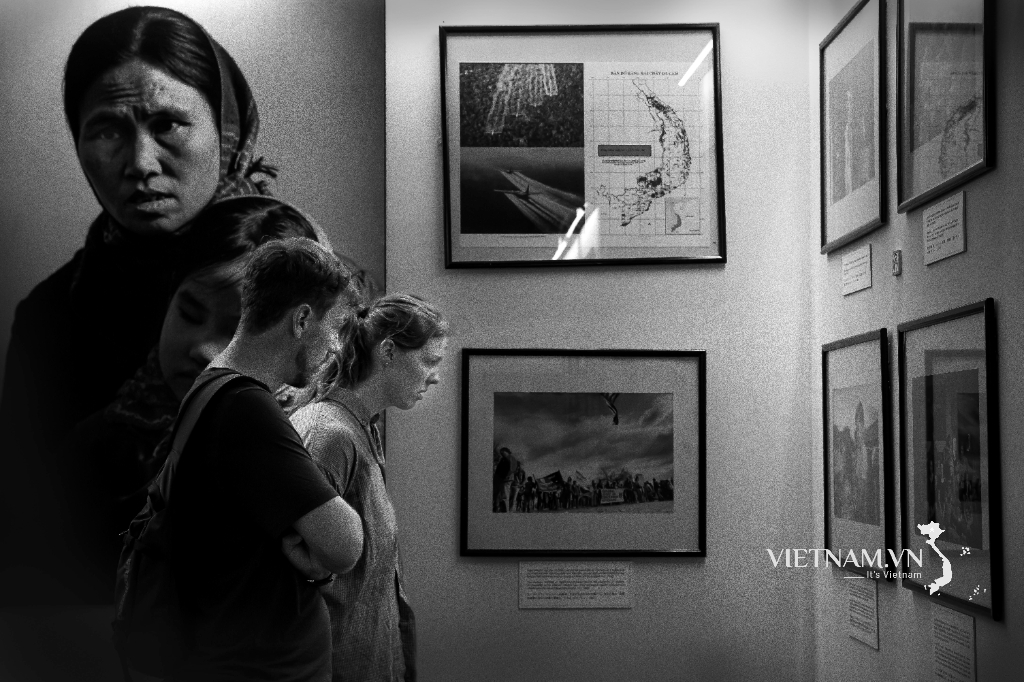

Comment (0)